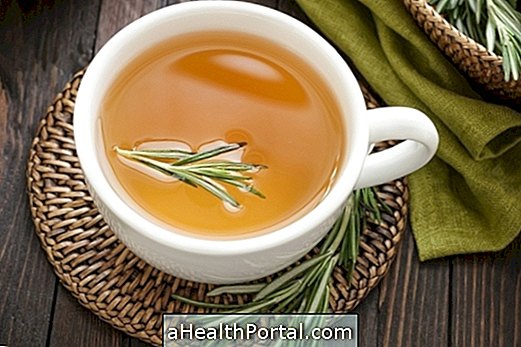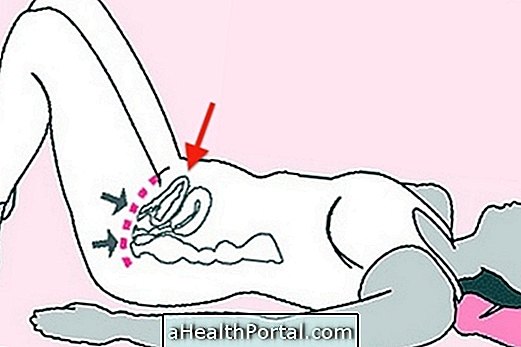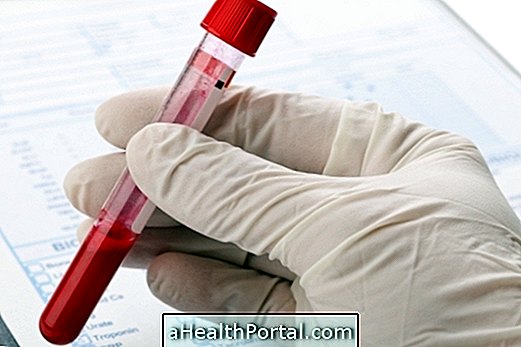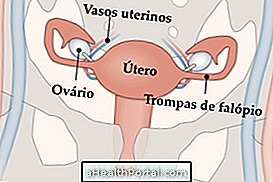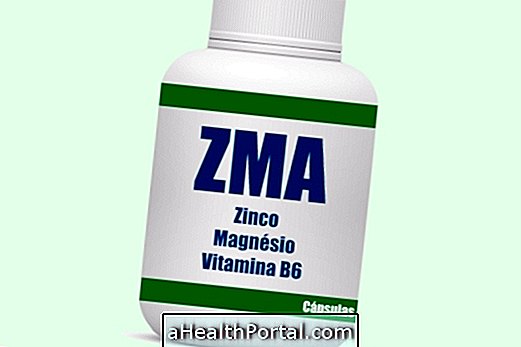Vitamin K plays a role in the body as it participates in blood clotting, avoiding bleeding, and strengthen bones as it increases the fixation of calcium in bone mass.
This vitamin is mainly present in dark green vegetables such as broccoli, kale and spinach, foods that are often avoided by people using anticoagulant medications to prevent heart attack or stroke.
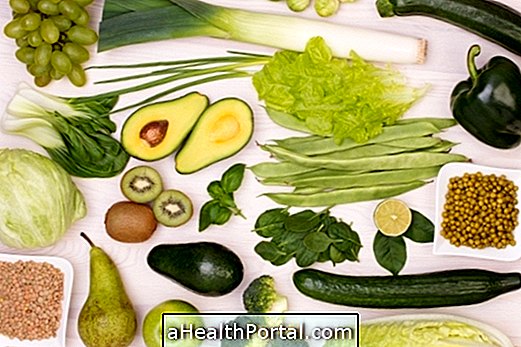
What is Vitamin K for?
Vitamin k has the following functions in the body:
- Helping in blood clotting, which also promotes healing;
- Improve bone density by stimulating a greater fixation of calcium in bones and teeth;
- Avoid bleeding in premature babies, as it facilitates blood clotting and prevents these babies from having complications;
- Helping the health of blood vessels, leaving them with greater elasticity and without accumulation of calcium, which can cause problems such as atherosclerosis.
It is important to remember that for vitamin K helps in bone mass it is necessary to have a good intake of calcium in the diet, so that this mineral is in sufficient quantity to strengthen bones and teeth. See more about functions and where to find calcium .
Types of Vitamin K
Vitamin K is divided into three types: k1, k2 and k3. Vitamin K1 is found naturally in foods and is responsible for activating coagulation, while vitamin K2 is produced by bacterial flora and assists in the formation of bones and the health of blood vessels.
In addition to these, there is also the so-called vitamin k3, which is produced in the laboratory and used to make supplements of this vitamin.

Foods rich in Vitamin K
The main foods rich in vitamin K are green vegetables such as broccoli, cauliflower, watercress, arugula, cabbage, lettuce and spinach. In addition, it can also be found in food such as turnip, olive oil, avocado, egg and liver. See the amount of vitamin k in food.
Recommended quantity
The recommended amount of daily vitamin K intake varies with age, as shown below:
- 0 to 6 months: 2 mcg
- 7 to 12 months: 2.5 mcg
- 1 to 3 years: 30 mcg
- 4 to 8 years: 55 mcg
- 9 to 13 years: 60 mcg
- 14 to 18 years: 75 mcg
- Men aged 19 years or over: 120 mcg
- Women 19 years of age or older: 90 mcg
- Pregnant women and infants: 90 mcg
In general, these recommendations are easily obtained when the food is varied and balanced, with a diversified consumption of vegetables.
Symptoms of lack of Vitamin K

Vitamin K deficiency is a rare change, since this vitamin is present in several foods and is also produced by the intestinal flora, which should healthy for a good production. The main symptom of vitamin K deficiency is bleeding that is difficult to stagnate, which can occur on the skin, through the nose, through a small wound or in the stomach. In addition, bone weakening may also occur.
People who have had bariatric surgery or who take drugs to reduce the absorption of fat in the intestine have a greater chance of being deficient in vitamin K.
When to Use Vitamin K Supplements
Vitamin K supplements should only be used under your doctor's or nutritionist's guidance and only when there is a deficiency of this vitamin in the blood, which can be identified through blood tests.
In general, risk groups are premature babies, people who have undergone bariatric surgery and people who use drugs to reduce the absorption of fat in the gut because vitamin K is dissolved and absorbed along with the fat in food.



